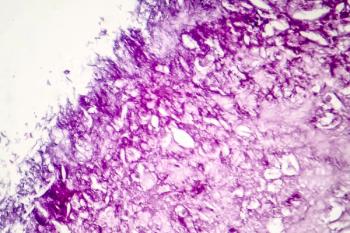
Pretreatment circulating tumor DNA was found to be a reliable indicator of patient outcome for those with metastatic melanoma in the first-line immune checkpoint inhibitor (ICI) treatment setting, but not in the second-line setting.

Your AI-Trained Oncology Knowledge Connection!


Pretreatment circulating tumor DNA was found to be a reliable indicator of patient outcome for those with metastatic melanoma in the first-line immune checkpoint inhibitor (ICI) treatment setting, but not in the second-line setting.

Merck announced positive data regarding 2 studies, one examining pembrolizumab in combination with chemotherapy and another in combination with quavonlimab in combination to treat advanced non-small cell lung cancer.

The combination regimen demonstrated improved progression-free and overall survival in patients with previously untreated advanced RCC, according to results from the phase 3 CheckMate-9ER trial.

Following the new ASCCP-led national consensus guidelines for managing abnormal cervical cancer screening tests, these new guidelines estimate risk based on an individual’s risk factors, thus allowing for more personalized care management.

The researchers hypothesized “that serum PD-L1 may identify a subgroup of patients with HER2-positive [metastatic breast cancer] who may benefit the most from the addition of novel immunotherapies to trastuzumab.”
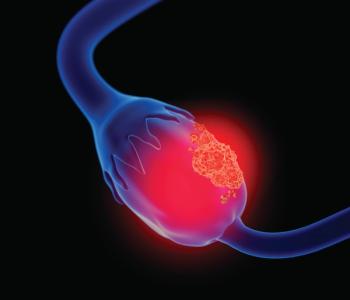
A study published in the Annals of Oncology suggests a better method involving tumor gene tests for estimating the survival of women with aggressive ovarian cancers.
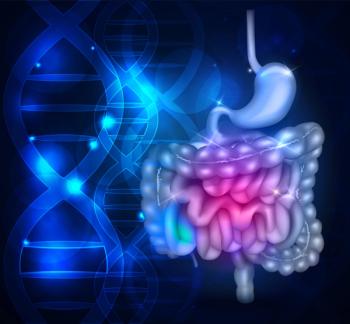
Researchers indicated that this economic evaluation supports the widespread adoption of standard genetic testing for newly diagnosed patients with metastatic gastrointestinal stromal tumors.

This is the first study to demonstrate how a national insurer’s voluntary pay-for-performance program can successfully alter prescribing patterns among oncologists in order to provide higher-quality cancer care.

The FDA granted regular approval to venetoclax (Venclexta) in combination with azacitidine, decitabine, or low-dose cytarabine for adults 75 years or older with newly diagnosed acute myeloid leukemia, or who those have comorbidities precluding intensive induction chemotherapy.
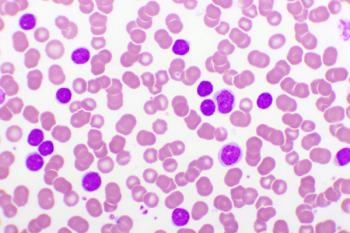
Researchers indicated that these “findings are of direct clinical relevance and may help clinicians choose an optimal anti-myeloma regimen for patients with high-risk cytogenetic factors.”

With today being National Mammography Day, here are the latest updates in mammography research.

The breast cancer expert discussed the changes he has made in treating this patient population as a result of the COVID-19 pandemic.

The phase 3 ASTRAL-2 and ASTRAL-3 clinical studies evaluated the efficacy and safety of guadecitabine in adults with previously treated acute myeloid leukemia, and with previously treated myelodysplastic syndromes or chronic myelomonocytic leukemia, respectively.

A third data cut-off reassessment by the German Institute for Quality and Efficiency in Health Care found enzalutamide provided an added benefit for patients with high-risk non-metastatic castration-resistant prostate cancer.

The study established 4 cycles of rituximab, cyclophosphamide, doxorubicin, vincristine, and prednisone (R-CHOP) alone as the new standard approach for the majority of patients with limited-stage diffuse large B-cell lymphoma.
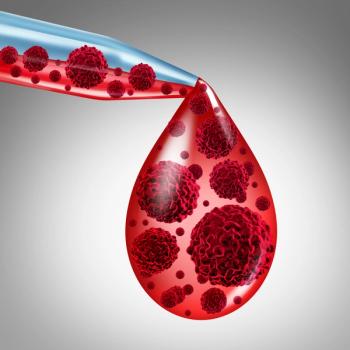
This phase 1 study found that vorinostat (Zolinza) in combination with either sirolimus (Rapamune) or everolimus (Afinitor) demonstrated clinical efficacy in patients with relapsed and/or refractory Hodgkin lymphoma and warrants further investigation.

The FDA approved an expanded label for pembrolizumab (Keytruda) as monotherapy for the treatment of adult patients with relapsed or refractory classical Hodgkin lymphoma.

New research reported that guidelines to reduce the number of opioids prescribed to patients following surgery may be missing a small group of patients that need a greater level of pain control.
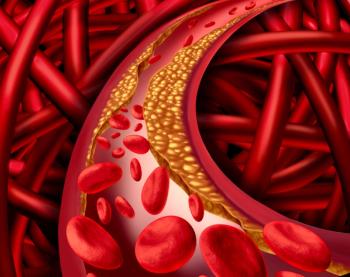
This study found that immune checkpoint inhibitor therapy in patients with cancer could aggravate cardiovascular inflammation and subsequent cardiovascular or cerebrovascular events.

The study is evaluating copanlisib (Aliqopa) in combination with rituximab (Rituxan) in patients with indolent non-Hodgkin’s lymphoma who have relapsed after 1 or more prior lines of rituximab-containing therapy.

The latest episode of Oncology Peer Review On-The-Go explores an article from the September issue of the journal ONCOLOGY regarding the psychological states of patients enrolling in phase 1 clinical trials.
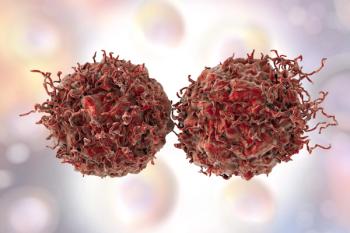
After adjustments for a number of clinical factors and factors related to access to care, the overall survival disparity among men undergoing radical prostatectomy was significantly decreased, but not eliminated, for Black men.
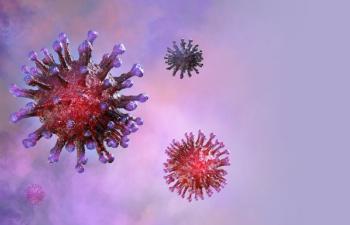
“In light of these findings, black patients with cancer should exercise more caution and consistently use strategies to prevent COVID-19 infection,” Chintan Pandya, MD, PhD, said in a press release.

Researchers indicated it is important to recognize these disparities that exist among racial and ethnic minorities in order to ensure routine and follow-up cancer care is delivered, even during the COVID-19 pandemic.

Among accredited US cancer centers, hospitals which serve primarily minority patients were found to be as likely as other hospitals to offer the standard of surgical care for early-stage breast cancer.
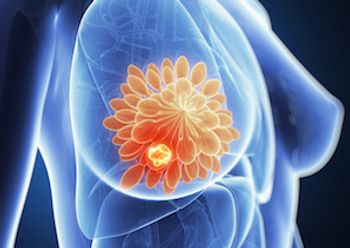
Natera announced the DARE trial examining Palbociclib to treat patients with advanced breast cancer will use its Signatera molecular residual disease test.
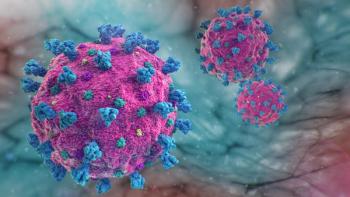
According to findings from the ASCO Quality Care Symposium, Black and Hispanic patients with cancer may be more likely to be infected with COVID-19 than white patients.

Though this study did not determine the causality, it clearly demonstrated an association between atopy and immune thrombocytopenic purpura (ITP).

“This is the first trial to report objective responses in patients with advanced urothelial cancer who had previously received immunotherapy but were ineligible for cisplatin in this setting due to inadequate kidney function or other conditions,” Roger Dansey, MD, said in a press release.
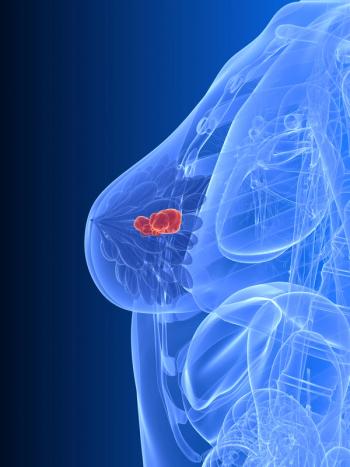
A study published in The BMJ concluded that a single dose of targeted radiotherapy was just as effective as conventional radiotherapy for women with early breast cancer.